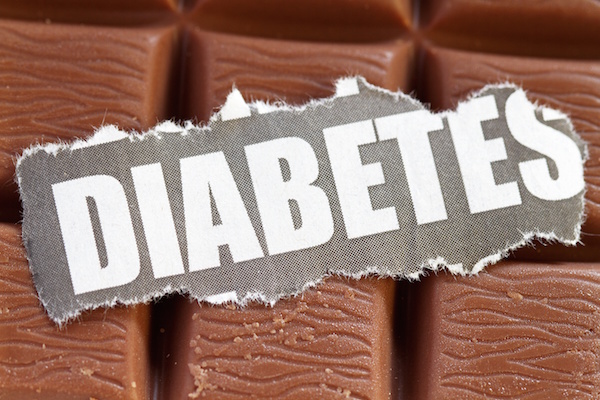
MONDAY, March 29 (HealthDay News) — A “Jekyll and Hyde” protein involved in both insulin action and insulin resistance has been identified by U.S. researchers.
It’s long been known that an enzyme called PI 3-kinase plays an important role in the main molecular pathway for insulin signaling in cells.
In tests on cells and genetically modified mice, Joslin Diabetes Center researchers found that a protein (p85) in the PI 3-kinase enzyme drives a pathway with an opposite effect — triggering a stress response that causes insulin resistance, a precursor to diabetes.
“The p85 protein has a kind of yin-yang effect, functioning both as an important link in insulin action and an important link to insulin resistance,” the study’s senior author, Dr. C. Ronald Kahn, head of the integrative physiology and metabolism section at Joslin, said in a news release from the center.
The study was published March 28 in Nature Medicine.
There are two protein subunits (p85 and p110) in Pl 3-kinase.
“The p85 molecule is like Dr. Jekyll and Mr. Hyde,” Kahn said. “One end of the molecule binds to p110, forming a key pathway that is needed for the metabolic effect of insulin on glucose metabolism. The other end of p85 is doing mischief” by interacting with a protein that causes a stress response that’s a major factor in insulin resistance.
The finding may offer new targets for developing drugs that target insulin resistance.
More information
The U.S. National Institute of Diabetes and Digestive and Kidney Diseases has more about insulin resistance.

